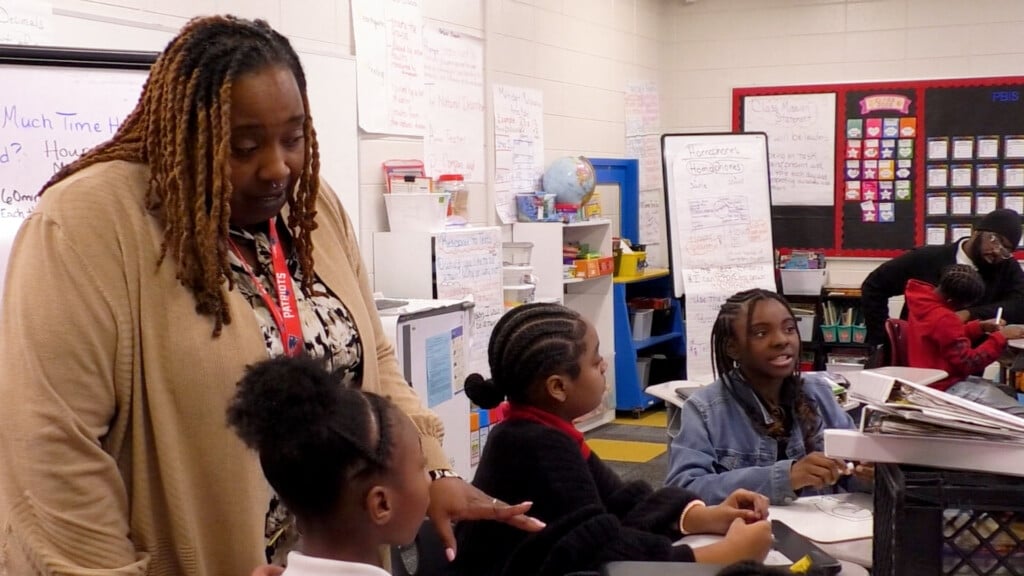Despite post-pandemic low, leaders still working to curb chronic absenteeism in Georgia
Today, the Senate Study Committee on Combating Chronic Absenteeism in Schools held its first meeting on the campus of Mercer University.

MACON, Georgia (41NBC/WMGT) — School attendance across Georgia has dropped significantly since the start of the Coronavirus Pandemic, a trend state legislatures are seeking to get to the bottom of and reverse.
Today, the Senate Study Committee on Combating Chronic Absenteeism in Schools held its first meeting on the campus of Mercer University. Chronic absenteeism is the percentage of students missing 10% or more of the school year, which equates to 18 or more school days in Georgia.
Richard Woods, Georgia State Superintendent of Schools, believes jailing parents over truancy laws is no longer effective as it once was. He says districts have found success in policies such as hiring attendance-focused staff members who visit the homes of students when they’re absent from school.
“It’s important just to make contact and say, ‘hey, we’re missing your kid, is there anything we can do to help?’ ” Woods said. “So, I think that approach, coming from a helpful mindset instead of a punitive mindset seems to really be resonating with a lot of people.”
According to the Georgia Department of Education, the chronic absenteeism rate for the 2024-2025 school year was 19.5%, the lowest since the pandemic. District 18 State Sen. John F. Kennedy serves as Chairman of the study committee. He says the committee seeks to find out why students are missing school, and craft a final report that’ll help write legislation geared towards tackling the issue.
“I think I know some of the root causes,” Kennedy said. “But I want to hear from, and that’s the purpose of the committee process, so that we learn from folks, from educators, leaders in education around our state, as well as people that are working in the school systems that see it on a day to day basis and see it on a boots on the ground level that can say ‘here’s the reason we have a chronic absenteeism problem’ “.
The committee plans to meet three more times, with the next meeting scheduled for Aug. 22 at the state capitol. Despite the five-year low chronic absenteeism low, Woods says leaders have more work to do to properly invest in young Georgians.
“Kids that eventually end up dropping out become part of the state support system or the penal system, we pay for it later,” Woods said. “So, I’d rather have the kids, you know, investing in that front end for them. Giving them a pass to success so that they can be productive citizens as they graduate and come out of K-12 education.”



